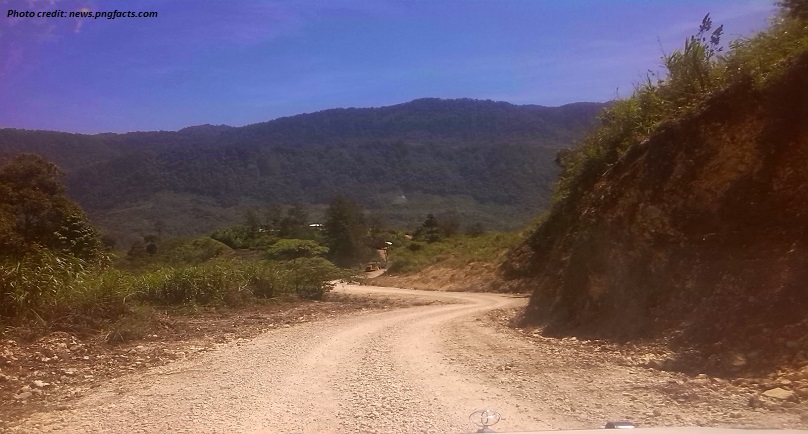By Sasha Pei-Silovo – EM TV Online
Papua New Guinea’s first woman parliamentarian and Papuan activist, Dame Josephine Abaijah has said that roads should be constructed to connect Papuans.
“I’m not against them constructing roads; I haven’t seen any road connecting Western Province to the Gulf province; Gulf province to Central province; Central province to Milne Bay province; or Milne Bay to the Northern province. These are the roads we should be constructing now to bring Papuans together,” said Abaijah in an interview aired today on Dateline Pacific.
Dame Josephine was responding to queries on the ‘value’ of the O’Neill-Dion government planned trans-national highway to link the south of Papua New Guinea to the north of the country.
“You hear about killings at the market, the people talk about violence against women getting worse, violence against children is getting worse, the police are killing people and the people are killing the policemen – it should not be like that.
“We should try and do something that will bring a halt to these types of activities and let people move around, work and live a life where there is peace and harmony and these are the types of things that the Papuans are looking for. Somebody should give us an opportunity to prove that we are wrong in that manner,” stated the female activist.
Following the government’s announcement of the new highway, the Papuan activists led by Abaijah have urged Papuan’s not to give up the fight with plans to rally global support for the cause. The new highway will link the Highlands and Momase regions to the Southern region.
She maintains that although infrastructure-wise there have been improvements; the original inhabitants of the National Capital District remain marginalised on their own land.
“I think people should look at it from a proper perspective that it just seems to be one way traffic. Now, you don’t find Papuans going up there to reside, or to get business, or to do whatever on the New Guinea’side.
“But all of them come down so that’s a good opening for them to come by truck, come by road, come by whatever means and they’re just opening up so that more of them can come down here, but none of the Papuans can go up there and do business or reside there or something like that,” she said.
Dame Josephine Abaijah, founder of the Papua Besena movement, has been at the forefront of the Papuan movement since pre-independence and has been very vocal on Papuan issues, which include the “right to self-rule” based on the declaration of Papua’s independence in 1884.
“The Papuan people in the streets and the villages support the concept. We are trying to get our leaders in parliament to see if they can support the people they represent. At the moment we don’t see any of them from parliament. But there are village people and townspeople who are very adamant because they see the problem,” said Abaijah.
She urged leaders and people alike to recognise that the ‘problem’ existed and that ways should be sought to solve the issues faced.
She maintains that decisions should be made that are good for everyone concerned.
From Misima in the Milne Bay Province and born in 1944, Dame Josephine Abaijah continues to fight for the rights of PNG’s southerners, encouraging Papuans to take ownership of their land and resources.
The phrase Papua Besena is in the local Motu dialect and when translated to English, means ‘Papua children’, ‘Papua tribe’ or ‘Papua nation’. The movement was formed in 1971. The movement fights for the rights of indigenous Papuan people, according to the UN Human Rights Act and based on the Crowns Declaration of Papua as Crown Possession.
“Ours is a fight for humanity, recognition, and truth.”


